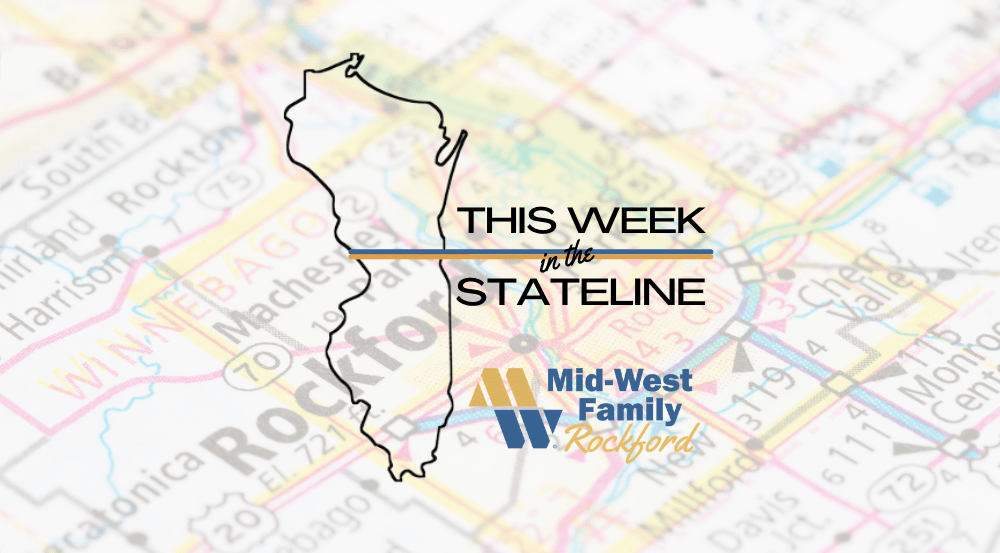Heidi Ognibene of the Rock River Valley Blood Center discusses how the recent Polar Vortex has played havoc with the blood supply in the Stateline area. She outlines the need, the requirements to donate, and shares that RRVBC was asked to donate blood to Texas due to the recent winter storms.
Runtime: 6 minutes



